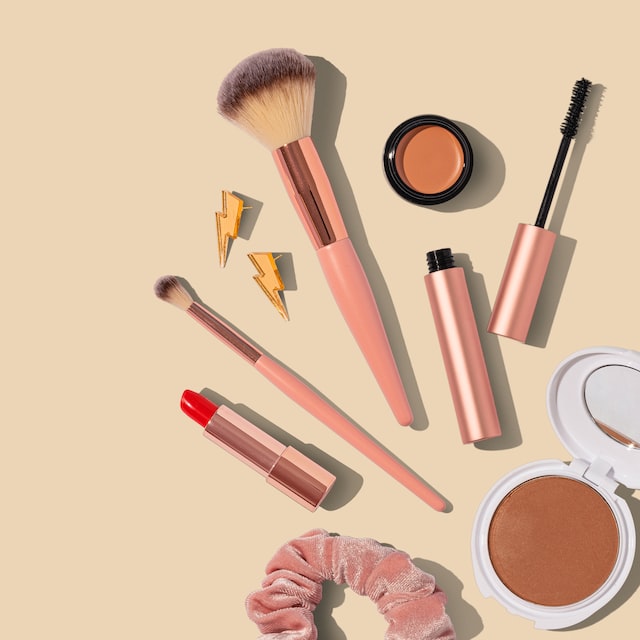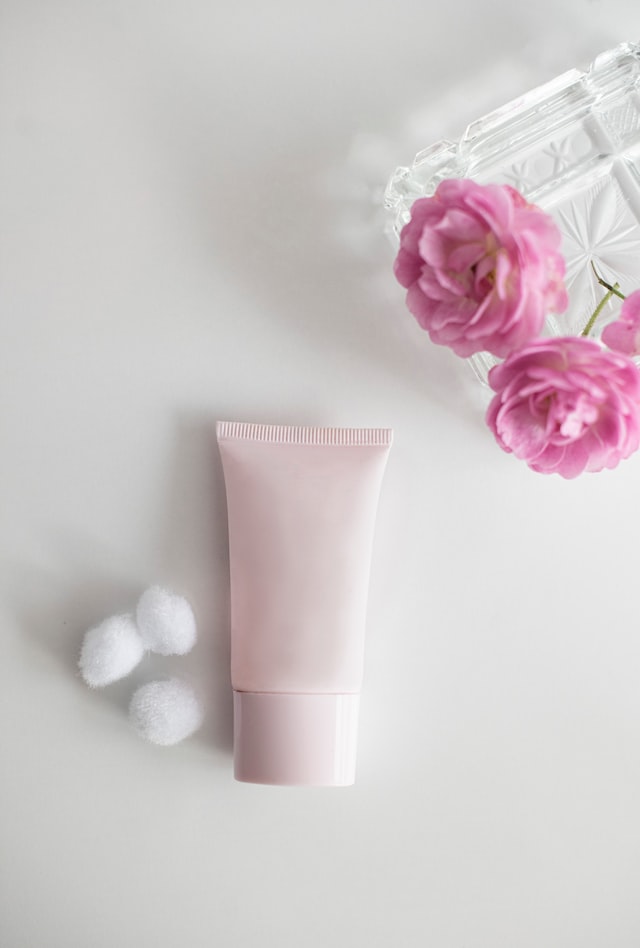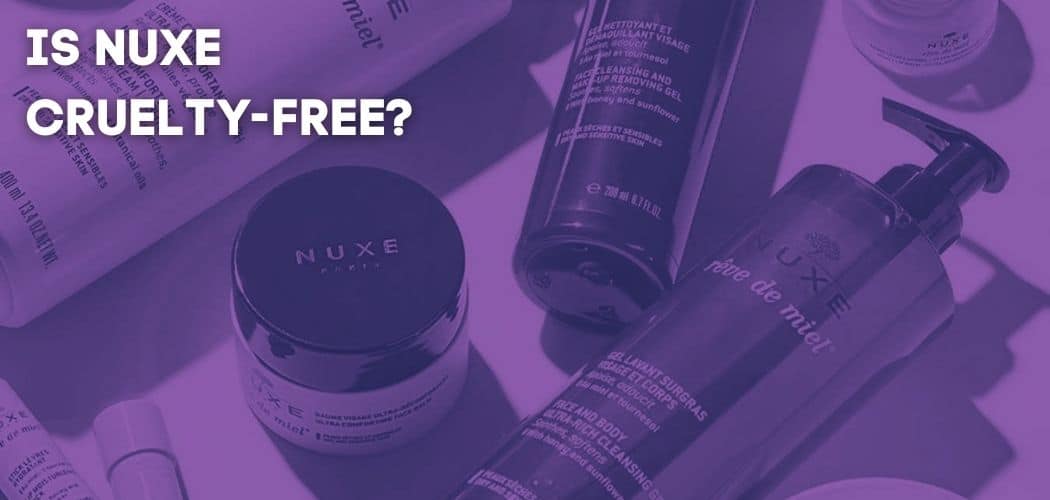In 1990, a French woman Aliza Jabès gave birth to an all-natural skincare brand- Nuxe.
Being a woman, Jabès had good knowledge of all the pain points of its gender fellows, and she visioned creating a brand that would target all those pain points.
A brand that started in a small laboratory became the number one choice of women all around the world in just thirty years.
The reason behind this success was a strong-headed businesswoman who worked with its team of expert scientists and came up with unique skincare products.
One year after the launch, Nuxe introduced its bestselling product, Huile Prodigieuse. A product that was a combination of several botanical oils extracted from Macadamia, Camellia, Argan, Hazelnut, etc.
To this day, Huile Prodigieuse is a major hit. According to the brand’s website, one bottle of magical dry oil is sold every eleven seconds.

Other Nuxe bestsellers include Rêve de Miel, Crème Prodigieuse® Boost, Crème Fraîche de Beauté, and Super Serum.
All these products are made in Nuxe’s laboratory in France with lots of love and care. Every ingredient undergoes intensive examination to ensure the quality of the products.
Nuxe cares about women and their skin. The brand wishes to see women happy with the way their skin looks and feels. But does Nuxe care about animals the same way? Is Nuxe cruelty-free?
To know the answer, you first need to understand what a cruelty-free brand is. There is a list of conditions that a brand must fulfill to make it to the list of cruelty-free brands. Those are:
- Not testing any ingredients on animals.
- Not testing final products on animals.
- Not having any supplier or distributor that performs animal testing.
- Not selling in countries that require animal testing by law.
- Not having a contract with a third party that tests on animals on the brand’s behalf.
- Owning certificate from an internationally recognized cruelty-free organization.
So does Nuxe meet all these conditions? Let’s find out.
Is Nuxe testing any of its ingredients on animals?
The brand’s website says it is not testing its ingredients on animals as it is not required by European regulations.
Is Nuxe testing any of its final products on animals?
The brand claims that it is not testing any of its products on animals in Europe, but it does allow testing on animals when required by law.
Is any Nuxe supplier or distributor conducting tests on animals?
The brand’s website is not transparent regarding its supplier’s or distributors’ animal testing policies.
Is Nuxe selling in countries that require animal testing by law?
Yes, Nuxe sells its products in mainland China. Any brand that wishes to be a part of retail stores in China has to allow its products to undergo animal testing.
Is Nuxe in contract with any third-party organization that carries out animal testing on its behalf?

Yes, Nuxe pays the laboratories in China to carry out animal testing on its products. No brand can sell its products in China unless they’ve gone through animal testing.
Is Nuxe approved by any internationally recognized cruelty-free organization?
Nuxe does not have a certificate from any internationally recognized cruelty-free organization.
Is Nuxe owned by a parent company that carries out animal testing?
No, Nuxe is not owned by any parent company that carries out animal testing.
What is the final verdict?
Nuxe is transparent about its cruelty-free status. The brand is not testing its ingredients or products in Europe as the law does not ask for it. They instead carry out tests on healthy volunteers and employees.
The brand does sell its products in China which requires animal testing by law. No cruelty-free organization approves of Nuxe, so it is safe to say that Nuxe is not a cruelty-free brand.
IS NUXE VEGAN FRIENDLY?
Vegan-friendly brands offer products free from any ingredient derived from animal sources. This means vegan-friendly products do not contain substances like honey, lanolin, beeswax, gelatin, glycerine, squalene, etc.
Today Vegan-friendly brands are on the rise for all the best reasons. The first and foremost reason is that 100% vegan-friendly brands are 100% cruelty-free.
They promote kindness towards animals and do not become part of vile slaughtering practices.

Vegan products are also better for human skin. They are free from harmful chemicals that may irritate the skin or cause breakouts.
Know what that means? Anyone with sensitive skin can use vegan products without worrying about bad skin reactions.
The use of ingredients such as aloe vera gel, seaweed, and chamomile make vegan-friendly products so much more soothing and effective.
These elements treat your skin from the inside and make you more youthful and vibrant.
Now that we know all the benefits of vegan-friendly products. Let’s come down to the main question. Is Nuxe Vegan friendly?
No, Nuxe is not 100% vegan friendly. According to the brand’s website, its Rêve de Miel® range contains beehive products such as honey and beeswax.
To see what the brand says about vegan friendliness, click here.
IS NUXE ETHICAL?
Nuxe has many policies that show the brand’s enthusiasm to protect the world. All the ingredients in Nuxe products are natural and come from sources that are not endangered.
The brand has strict policies and does not use any flora and fauna on the verge of extinction.
Nuxe also keeps a close watch on the use of plastic. While many other brands use plastic beads in their exfoliating products, Nuxe steers clear from those.

All its exfoliants contain beads made with natural ingredients.
The brand also uses recycled plastic, glass, and cardboard for packing purposes. The brand aims to reduce its plastic usage by twenty-five percent in 2025.
Apart from all this, Nuxe is one of the very few brands that have taken an initiative on gender equality. The brand offers jobs to everyone regardless of gender.
Sadly, however, Nuxe is not cruelty-free and ells its products in a country where animal testing is part of the law. Due to this reason, Nuxe can not be called an ethical brand.

